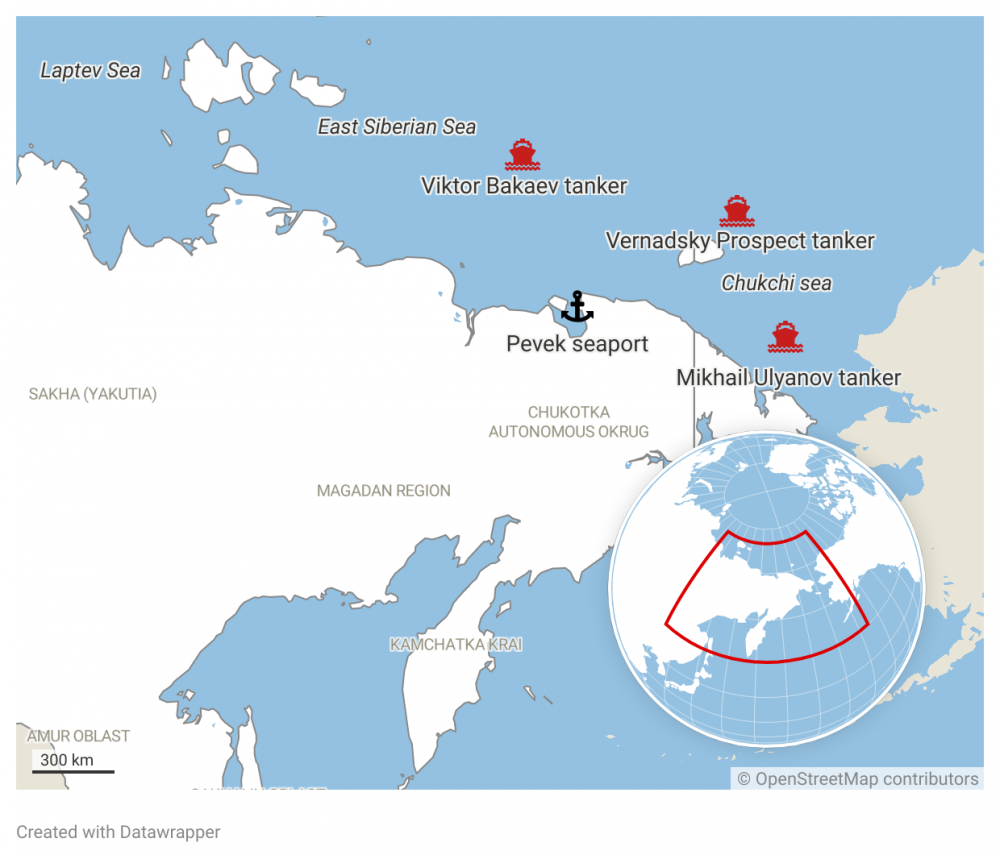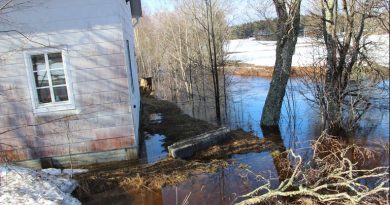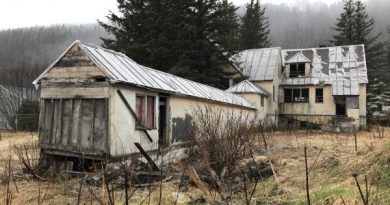Dense sea ice in the High Arctic could threaten shipping

There are major volumes of sea-ice in Russian east Arctic waters and oil tankers could have difficulty reaching their destinations.
While sea ice in the Barents Sea is melting intensely, dense ice still remains in the area between the Chukchi and East Siberian seas, the Russian Arctic and Antarctic Research Institute reports.
One area where ice is still tightly packed is around Russia’s most northern seaport of Pevek – the location of Russia’s only floating nuclear power station, NPP Akademik Lomonosov. The institute also reports that in the northern part of the Laptev Sea vast zones of dense sea ice, up to 110 miles wide, have formed.
The area is an important shipping route for Russian oil tankers delivering cargo from one Russian port to another, or to international markets such as China. Without an icebreaker escort, tankers could experience serious damage to their hulls trying to navigate these frozen waters.
As of August 5th, three big Russian oil tankers are currently on their way to their destinations: oil tanker Mikhail Ulyanov (sailing east), oil tanker Viktor Bakaev (sailing east) and the oil tanker Vernadsky Prospect (sailing west).
The owned by state-run Sovcomflot Viktor Bakaev tanker has rather low ice-class (Ice-2) which makes it vulnerable. It is among four tankers sanctioned by the Group of Seven Nations (G7) after Russia’s invasion of Ukraine. The tanker is sailing from the Baltic Sea port of Primorsk for the Chinese city of Zhoushan with a cargo of about 730,000 barrels of oil.
Related stories from around the North:
Canada: Canada, U.S. and Finland form pact to build icebreakers for Arctic, CBC News
Norway: LNG-reloading operations end in Norway’s Arctic waters, The Independent Barents Observer
Norway: Hybrid-powered electric cruise ship navigates Northwest Passage, CBC News
Russia: New U.S sanctions take aim at Russian Arctic shipping, The Independent Barents Observer



